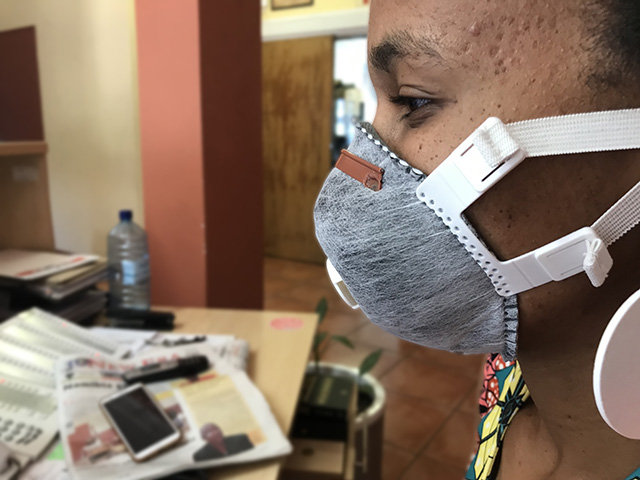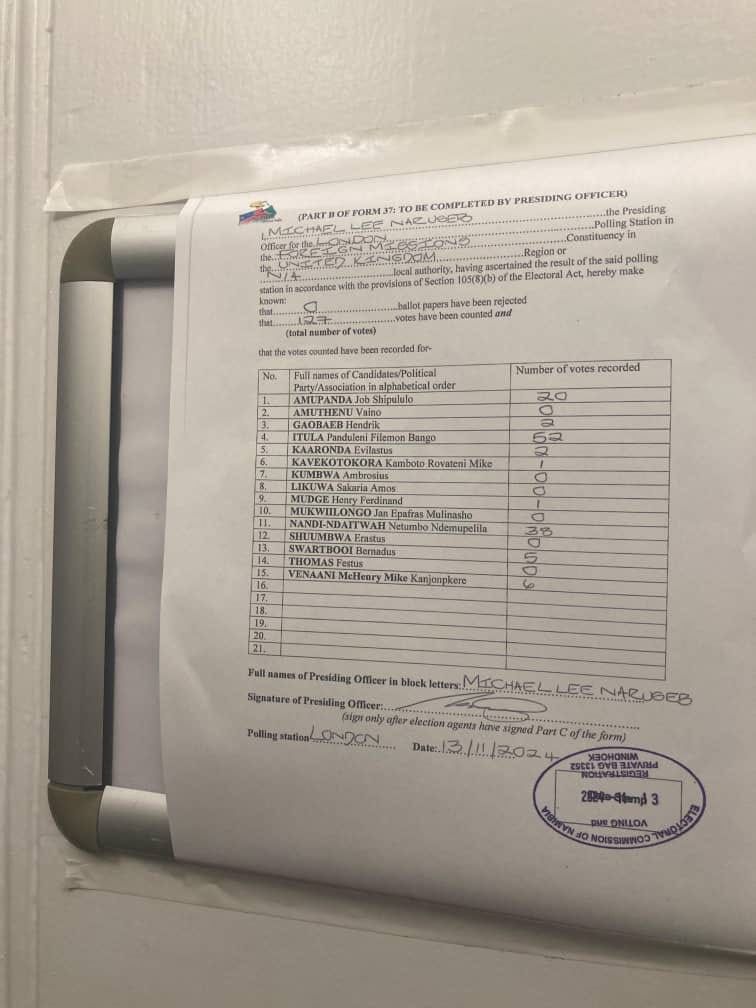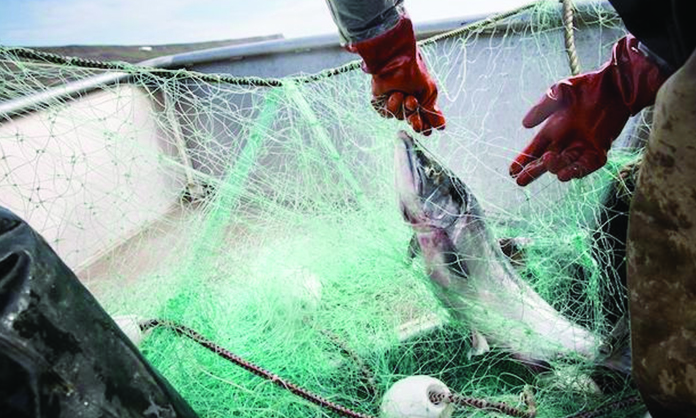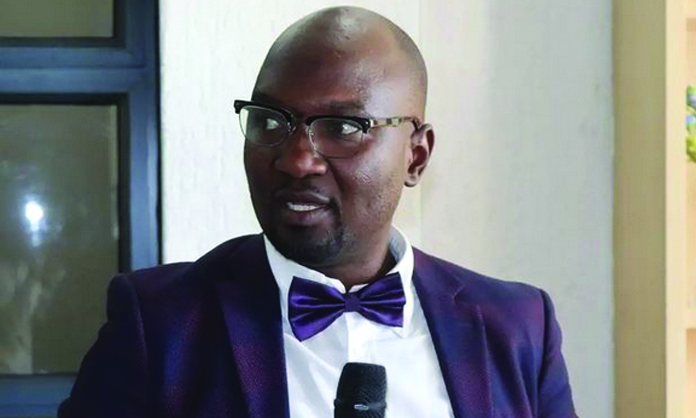AS of today Namibians are urged to wear masks when in public as part of stage 2 of the national lockdown exit strategy.
The country’s nearly six-week lockdown ended yesterday at midnight, while Cabinet approved a post-lockdown strategy in four stages.
Stage 2 will see the reopening of businesses – with restrictions.
Michael Humavindu, executive director of industrialisation and trade, yesterday said vulnerable groups such as pensioners and orphans have been identified across the regions and masks will be distributed among them.
The Ministry of Industrialisation and Trade will also consider providing informal traders with masks.
While the ministry is still in the process of making its own masks, it has purchased imported masks to distribute for the next two weeks until it gets started with local production.
Humavindu said pensioners will receive masks with their grant on 14 May and the ministry will collaborate with NamPost to ensure they are handed out at points of payment.
He said the ministry has identified tailors through the database of small and medium-sized enterprises who can produce masks.
In addition, the ministry invited potential producers countrywide to contact it.
In consultation with the Namibia Standards Institute (NSI), the ministry will ensure masks are produced according to recommended specifications and guidelines.
Last month, the ministry sponsored 70 tailors countrywide to produce 25 000 masks.
It handed over textile materials worth N$40 000 to identified tailors in Windhoek.
Trade minister Lucia Iipumbu said due to insufficient masks in Namibia and the South African government’s restriction on mask exports, her ministry had identified tailors to fill the supply gap.
The identified tailors will produce about 25 000 masks to be sold at between N$15 and N$25.
Iipumbu said all contracted tailors are expected to have access to guidelines provided by the NSI.
While discussing the dos and don’ts of masks, technical medical officer Dr Apollo Basenero yesterday at the Covid-19 Communication Centre said reusable masks can be made out of different materials, but proper guidelines should be followed.
“When using reusable masks, you are protecting others, because we know now it is possible to transmit Covid-19 even when you don’t have symptoms,” he said.
Basenoro advised the public to avoid wearing masks that are torn or wet, and said reusable masks need to be washed in a washing machine or in a basin with warm water.
“After washing, you have to make sure it dries. Then it should be ironed. The heat from the iron will destroy the virus. You should have two masks so that when you wash one, you can use the other,” he said.
According to Basenero, there is no need to wear a mask when alone in your car.
Although Covid-19 is not airborne, he said it is important to wear a mask so that when you sneeze, you do not pass small droplets to the next person or onto a surface.
Besides wearing a mask, it is still important to follow the other measures like hand washing, social distancing and avoiding to touch your face.
World Health Organisation medical officer Dr Mary Brantuo said it is important for people to leave medical masks for health workers.
Stay informed with The Namibian – your source for credible journalism. Get in-depth reporting and opinions for
only N$85 a month. Invest in journalism, invest in democracy –
Subscribe Now!






